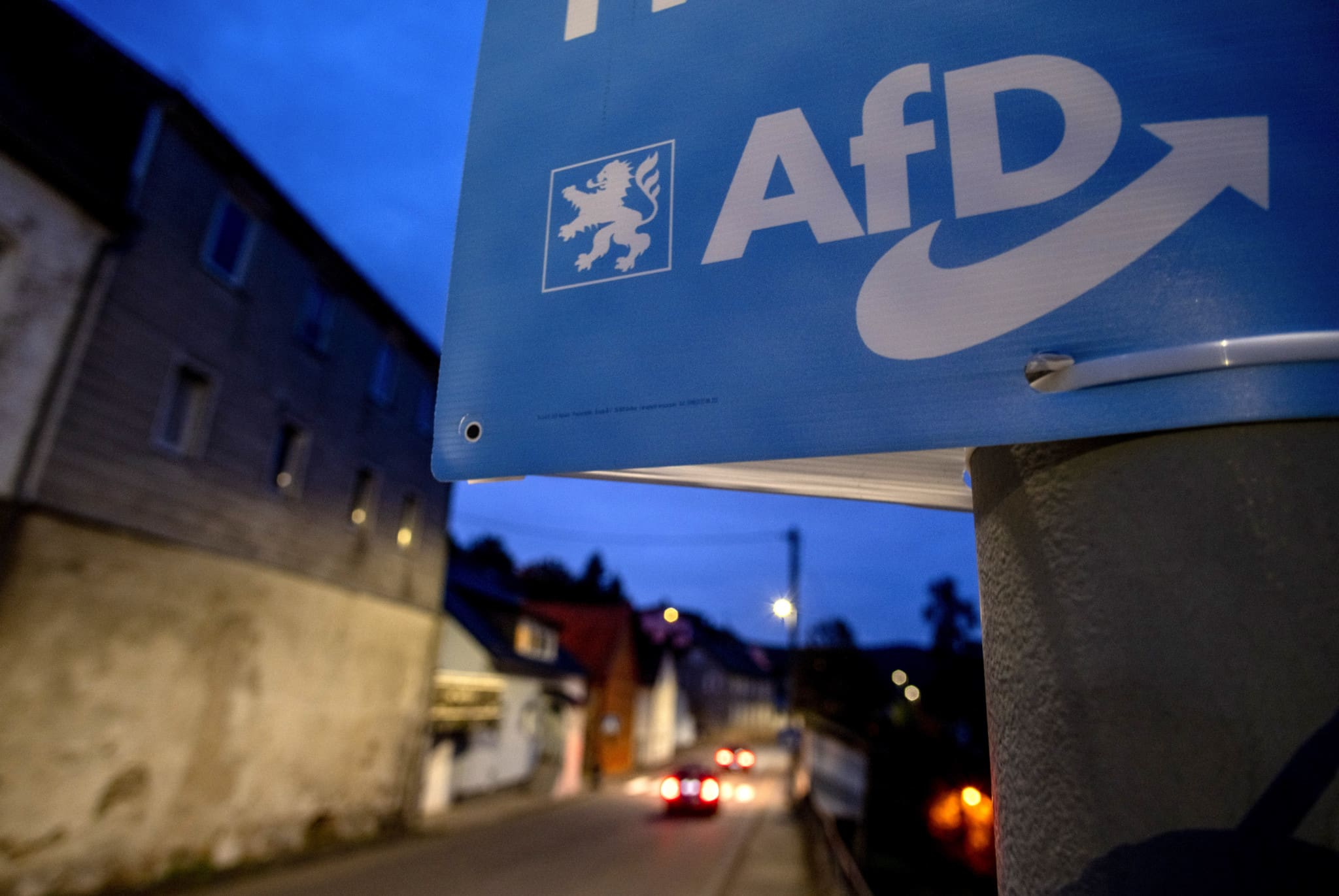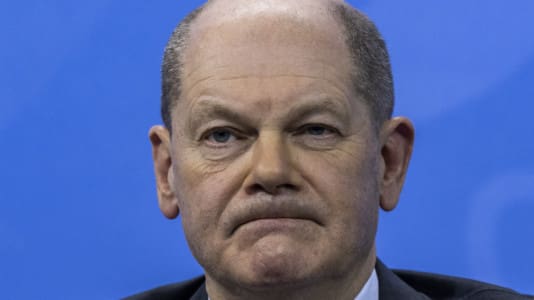The Alternative for Germany (AfD) continues its march in the polls, this time scoring a record high after pivotal state elections in Bavaria and Hesse, with the prestigious Insa survey commissioned by Bild newspaper now showing the party at 22.5 percent.
The state elections have sent the ruling radical left government into a panic, with all three parties crashing in both states and the Free Democrats (FDP) even failing to enter parliament at all in Bavaria. The aftershock of the elections is still reverberating throughout Germany.
According to the poll, AfD is the second-largest party in Germany, behind the Christian Democrats (CDU/CSU). It is the highest result for the AfD ever measured by Insa, although other polling firms have put AfD at 23 percent.
The AfD is known for its staunch opposition to mass immigration, rejection of “green” policies, and its desire to halt sanctions on Russia, which it argues is harming Germany more than it is harming Russia.
Chancellor Olaf Scholz, of the Social Democrats (SPD), has commented on the AfD’s rise during a visit of French President Emmanuel Macron, saying it is now about “defending democracy.”
[pp id=93209]
He says that immigration is needed to prevent Germany’s economy from shrinking, even as the government estimates migrants will cost taxpayers €36 billion this year alone. Polling from earlier this month shows that the vast majority of Germans believe fewer migrants should be accepted and that they offer more disadvantages than advantages. A poll just released yesterday shows that a majority of Germans want early elections and for the current government to be removed from power, with the majority citing the country’s growing immigration crisis as their top issue.
Scholz acknowledges there are too many asylum seekers coming to Germany, but so far his government has moved forward with plans to speed the naturalization of hundreds of thousands of illegal immigrants from the migration wave of 2016. Critics have accused the government of rushing to make these new citizens to ensure they have a substantial number of new voters for their pro-immigration parties in time for the next national election.






